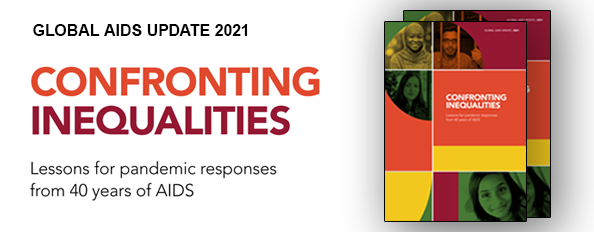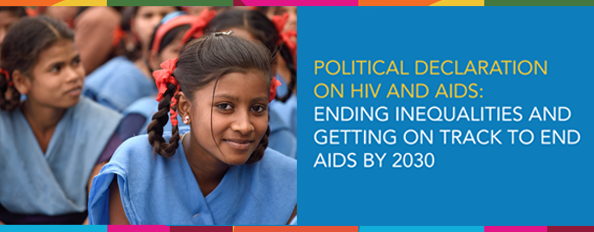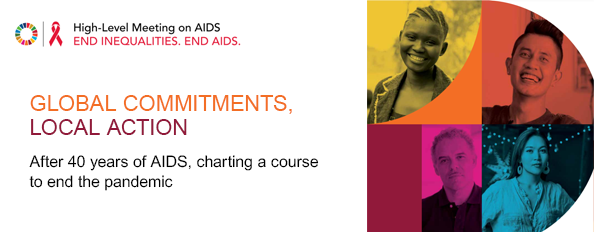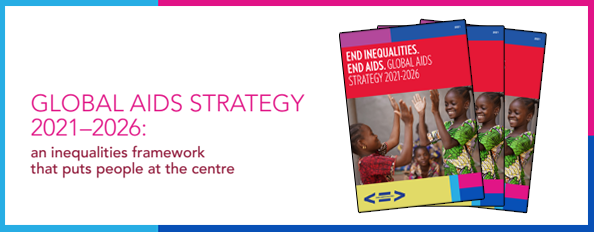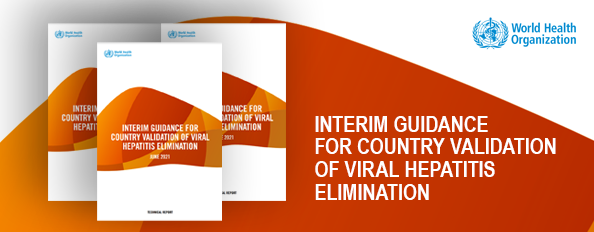Key Facts on HIV in Asia and the Pacific (2020)
3.7 million people living with HIV are receiving antiretroviral therapy – expanding, but still behind global trends.
Prevention of mother-to-child transmission at 57% [47-77%] coverage is well below the global average of 85% [63->95%]
Data are regularly collected in many countries, but more analysis is needed to translate them into useful strategic information for action.
Data gaps include information on transgender people, young key populations and prisoners; inconsistent disaggregation of information by age and gender; and availability of city and sub-national data.
HIV epidemics among men who have sex with men are expanding rapidly in urban areas across the region.
About half of people who inject drugs, female sex workers, male sex workers, gay men and other men who have sex with men and transgender people are unaware of their HIV status.
US$ 3.5 billion was available for AIDS response in 2020. Annual resources should reach US$ 9.2 billion by 2025 to reach the Fast-Track Targets.
Although there is evidence of progress, all 38 countries still have laws that impede HIV response.
- 36criminalize some aspect of sex work
- 18criminalize same-sex relations
- 15Law does not allow for possession of a certain limited amount of drugs for personal use
- 21criminalizing the transmission of, non-disclosure of or exposure to HIV transmission
- 14restricting the entry, stay and residence of people living with HIV






